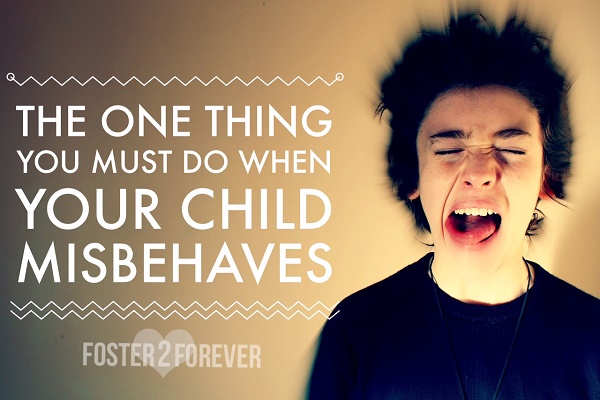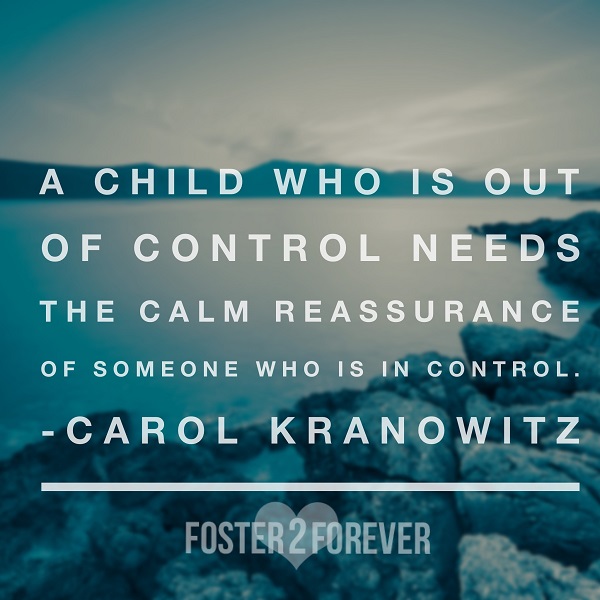Remaining calm during times of chaos is THE single important parenting technique you can master.
I’ve discovered that if my child misbehaves in some way, my reaction to the behavior amazingly determines what happens next.
It’s funny how I’ve discovered that I can apply what I learned (and forgotten) in high school science class 20 years ago to parenting my children now. Do you remember Newton’s third law of motion?
“For every action, there is an equal and opposite reaction.”
And that’s not just true in physics. It’s true in parenting children too!
“Kids act, parents react, kids react.” from No-Drama Discipline
If I scold or reprimand my child in a harsh or mean manner, my child’s fear response kicks in which becomes his trigger for a huge meltdown that can sometimes last for hours.
On the other hand, if I keep my cool, my child might or might not keep his cool. However, if I am not calm in my response to his behavior, you can bet that my child is primed for a meltdown.
You MUST stay calm when your child misbehaves!
Think of it this way: how can we teach our children to stay calm and ask for something nicely, if we, as parents, don’t respond calmly? If our child’s emotions are dysregulated, and then the adult’s emotions become dysregulated — we are not good examples to teach our children how to keep their emotions in check. How can we teach a child to regulate his emotions, if we can’t regulate ours?
Sometimes when our home becomes crazy chaos, I picture a hurricane with the storms raging and things crashing and breaking all around — but then, I remember, there is calm and peace in the eye of a hurricane. As a parent during these chaotic times, you must remain calm like the eye of the hurricane. “Be the eye” I tell myself sometimes. 🙂
As parents, we have to remain diligent in staying calm in response to our child’s misbehavior. And sometimes, it just isn’t easy!
5 Parenting Techniques To Stay Calm When Your Child Misbehaves:
1. Don’t respond to your triggers – I have to make a concerted effort not respond to my triggers. Sometimes, I can do this more easily than others, but sometimes, my downstairs brain is triggered and honestly, I’m not a very good parent during those times.
2. Take a deep breath – Sometimes, I have to just close my eyes and take a deep breath before I respond. Deep breathing has a calming effect and resets the brain allowing us to return to the thinking part of our brain.
3. Don’t say “I told you so” when a child’s misbehavior leads to a natural consequence – What? Are we still in junior high? This type of response is simply taunting a child.
4. Use as few words as possible – When a child is having a tantrum, no reasoning, no yelling “Stop” — that is going to bring a child back to their thinking brain. When a child is misbehaving, we may have a tendency to not only tell them what they did wrong, bring up the last time they misbehaved, what happened before that, why they shouldn’t do that, yada, yada, yada. Stop talking! Kids tune you out anyway. Do you really think that your child is really listening to what you say?
5. Listen to your child – When you remain calm and listen to your child, you are more likely to find out the “real” reason for your child’s behavior. Often what sets off the misbehavior is not the real reason for the emotions your child is feeling. Maybe he is hungry, tired, or just frustrated from something that happened to him at school or daycare. Listen to what your child is saying, not the way he is saying it. Learn how to ask questions to learn more about what’s going on.
Staying calm is critical to figuring out what is the real reason for your child’s misbehavior.






